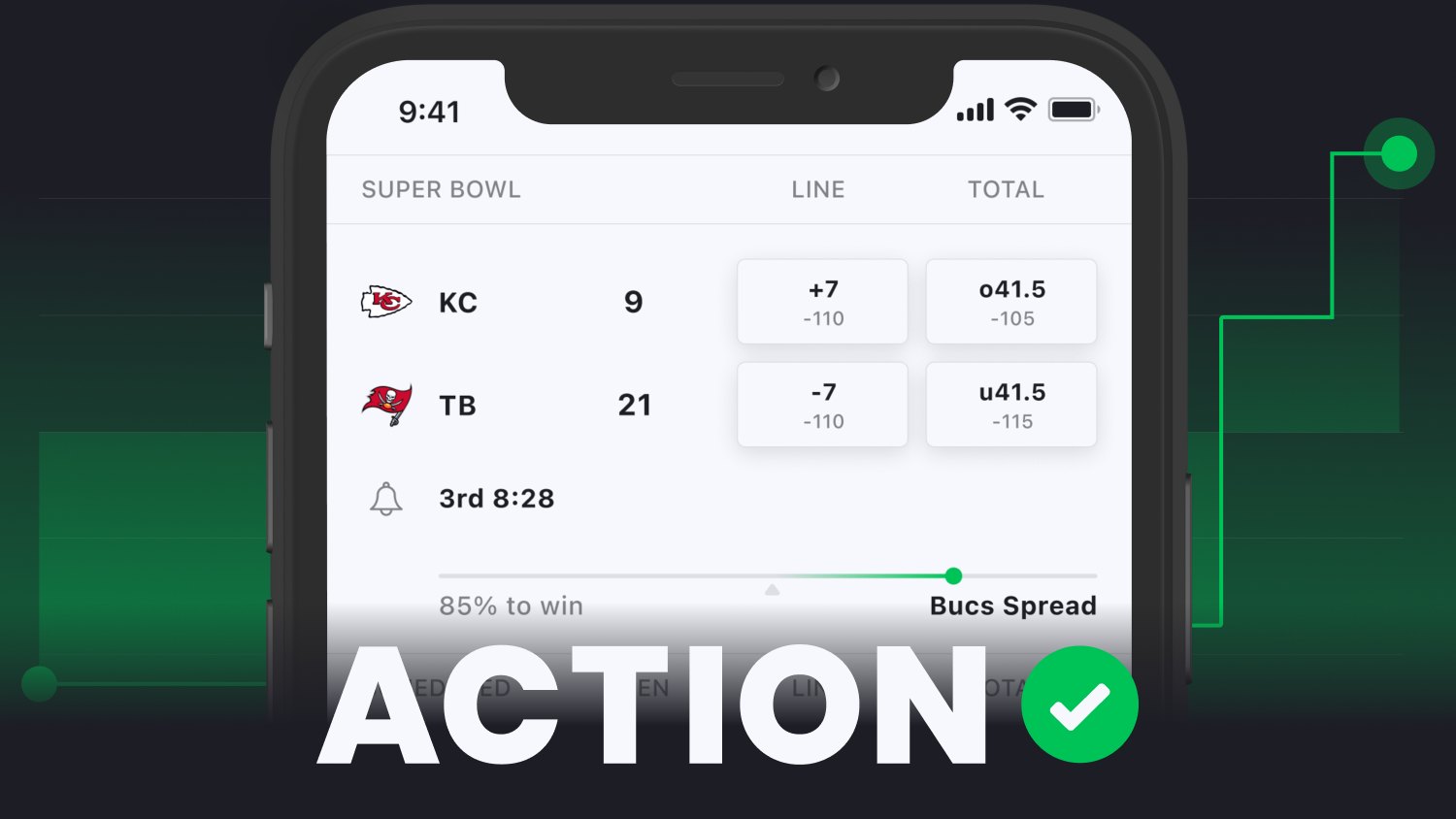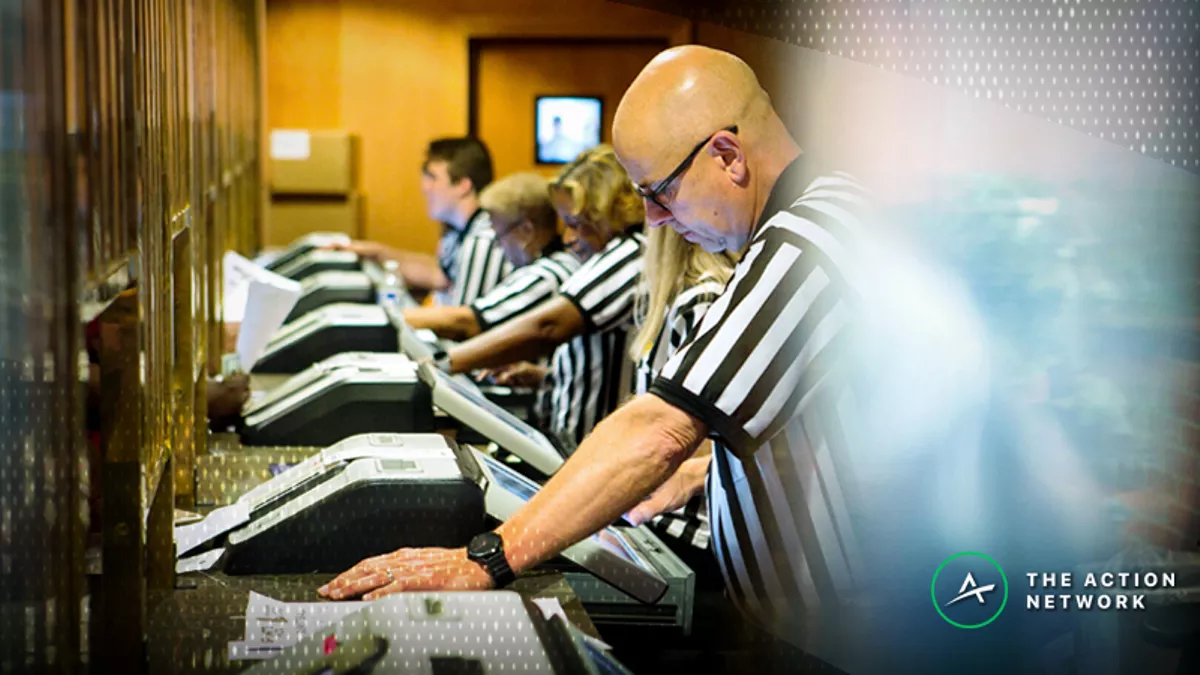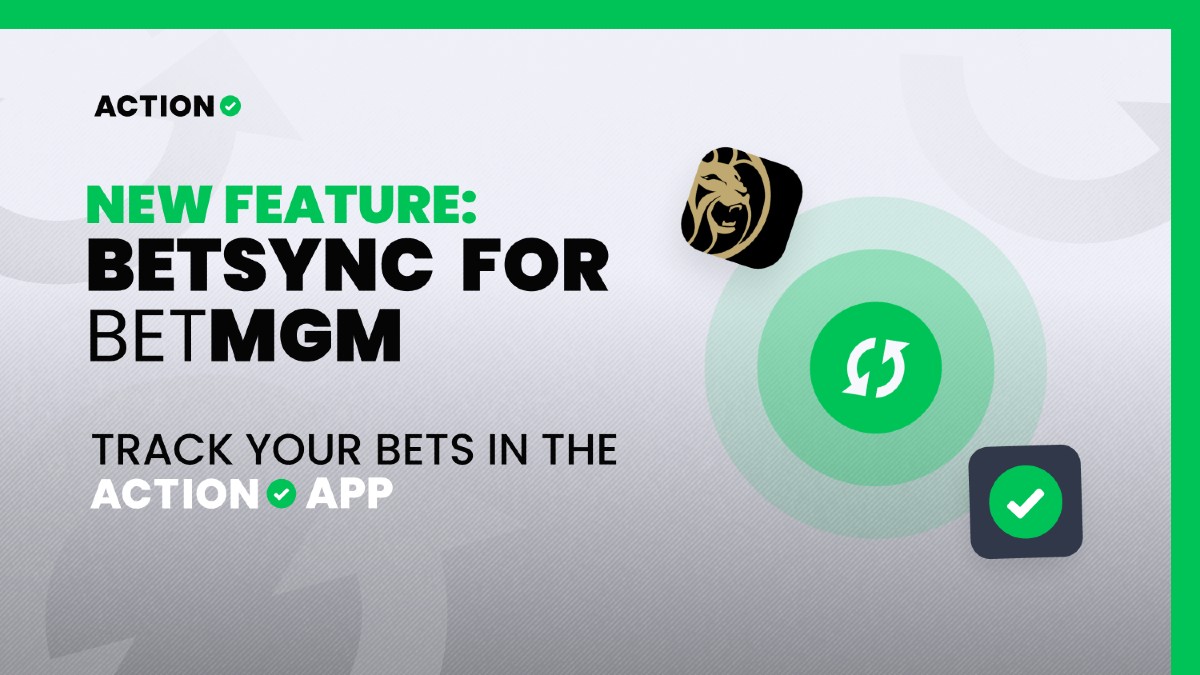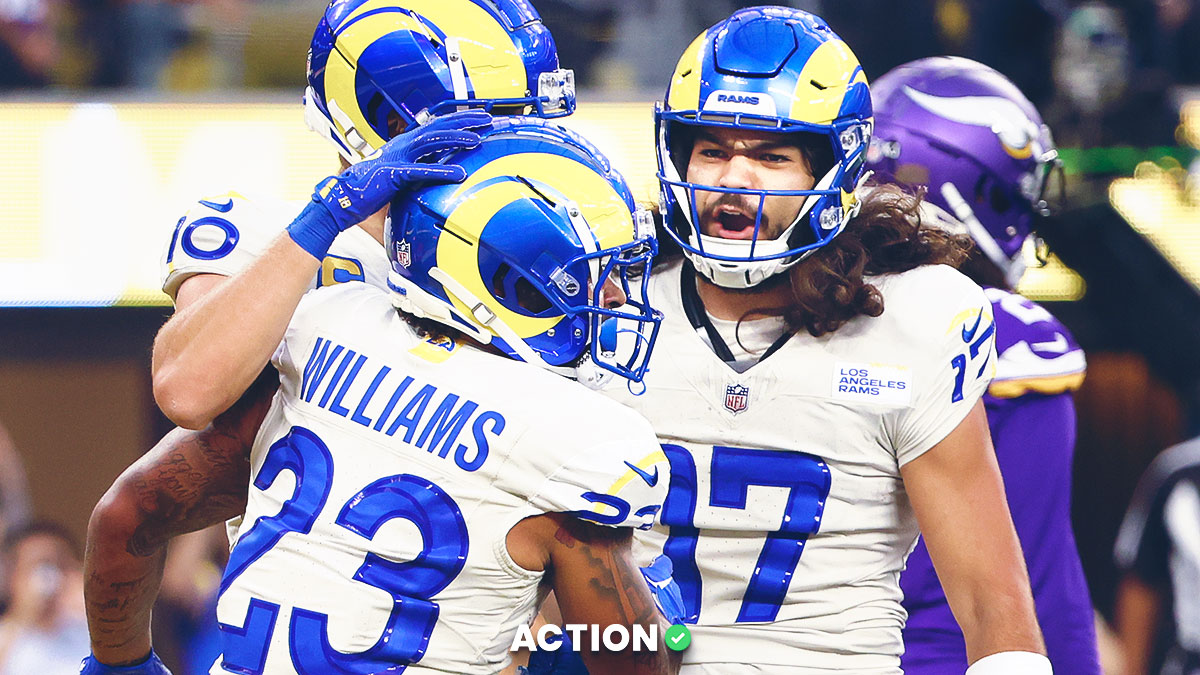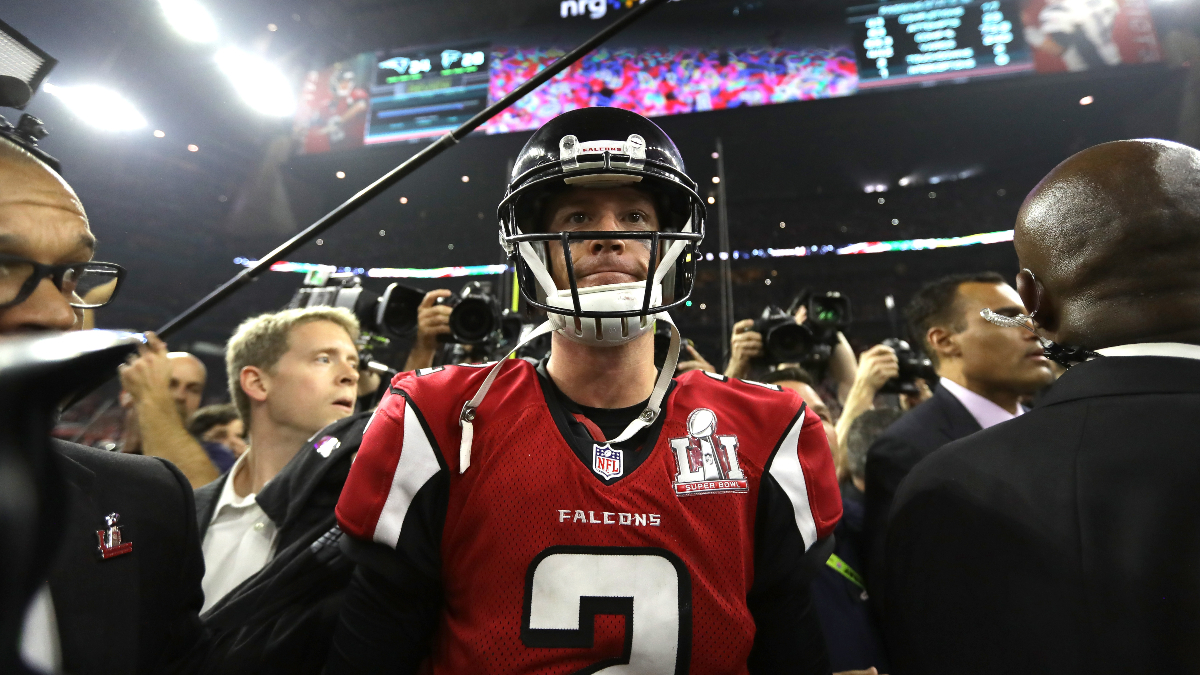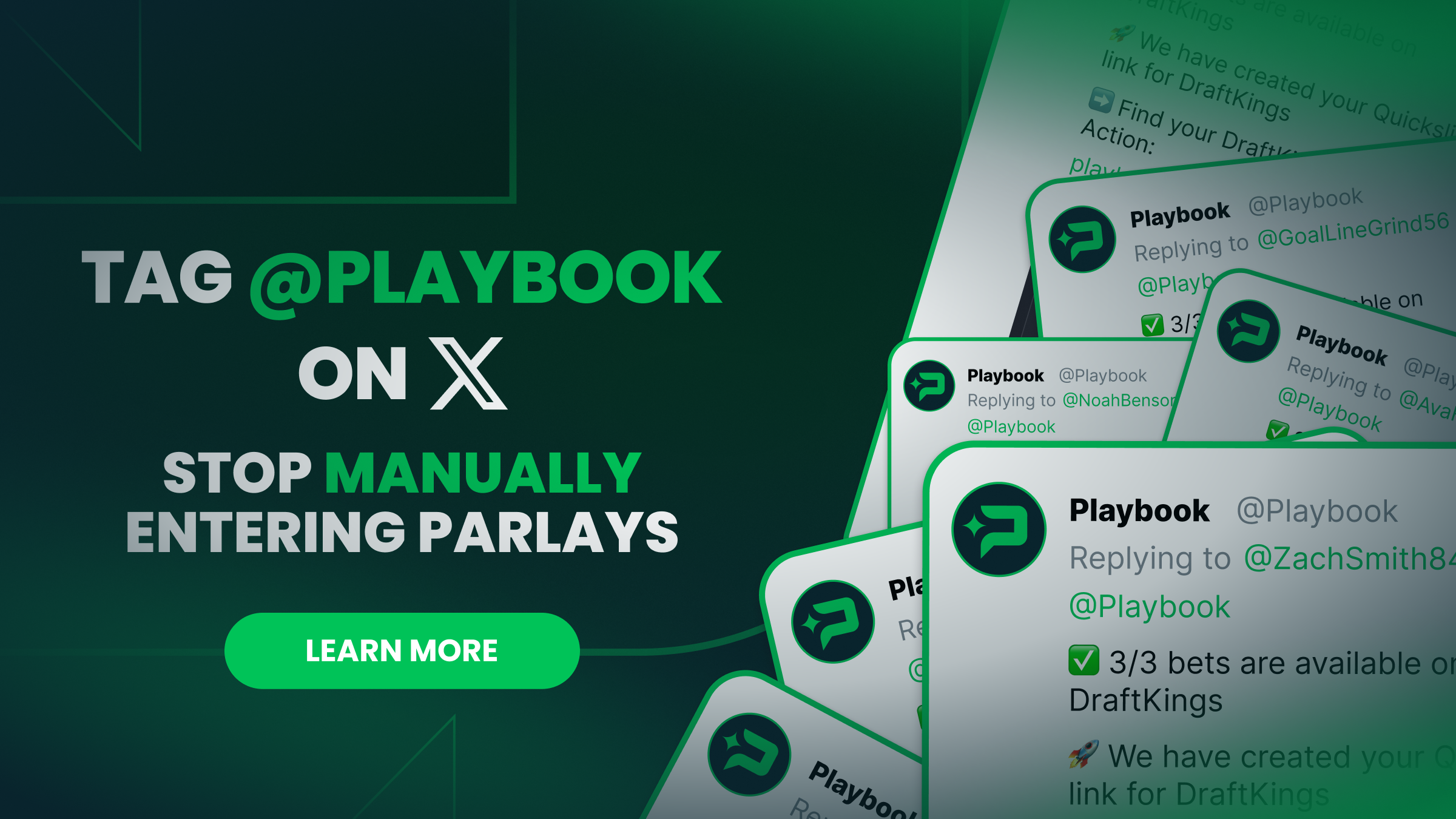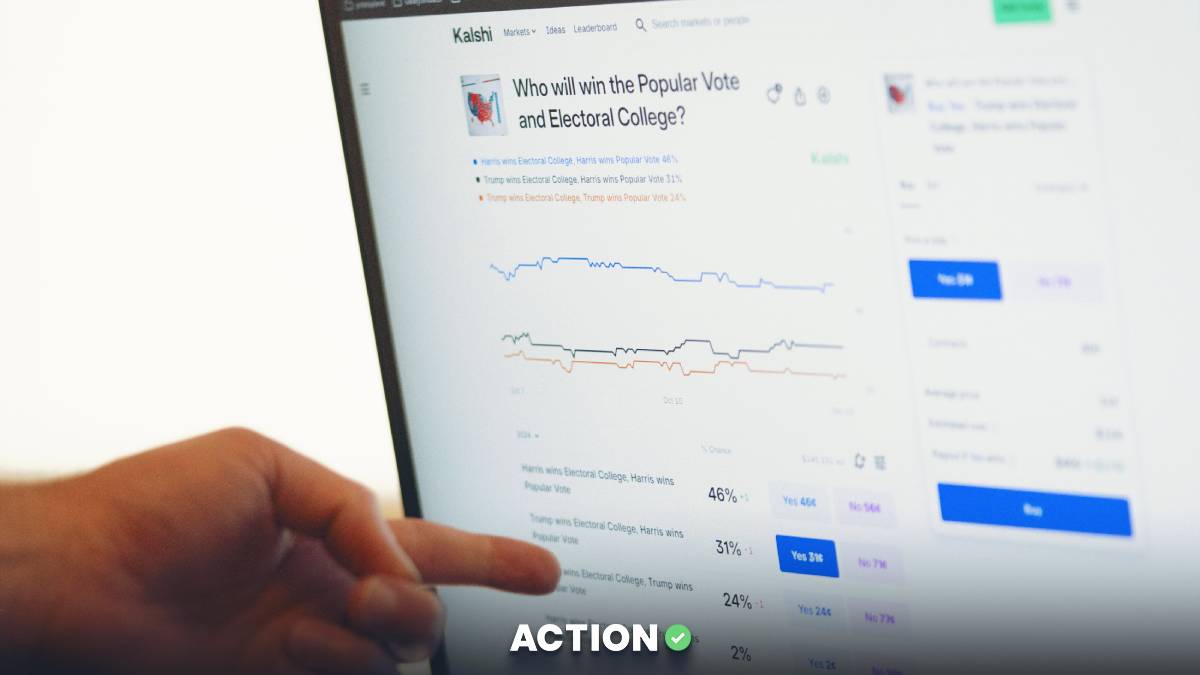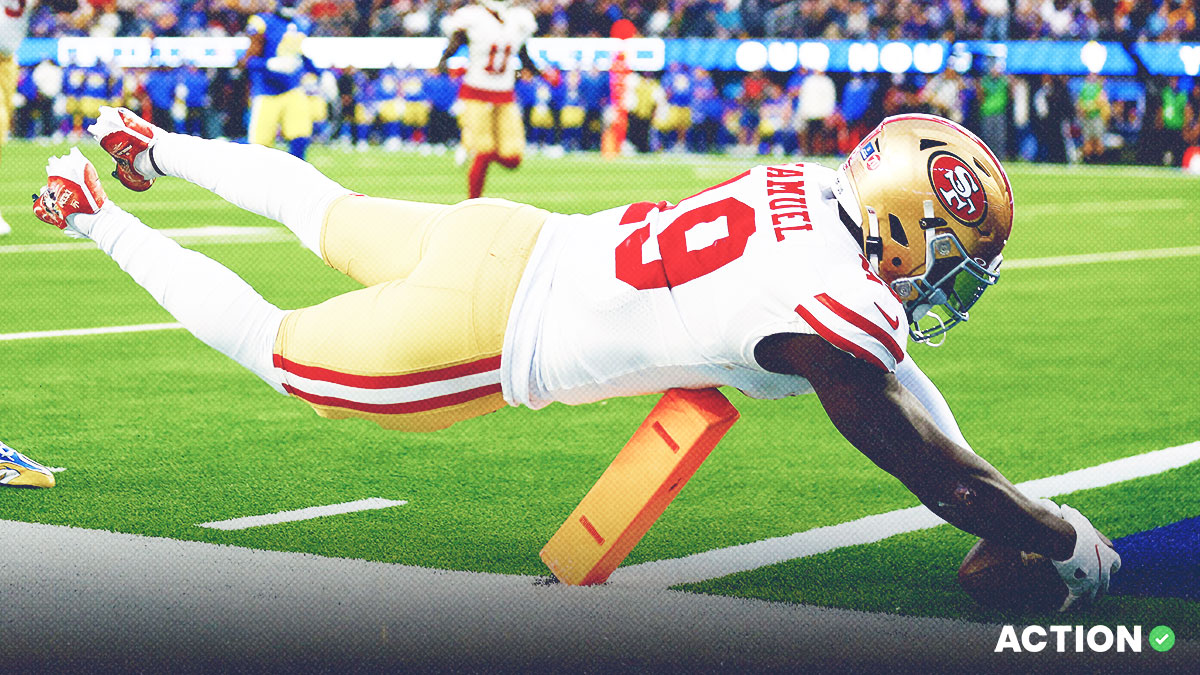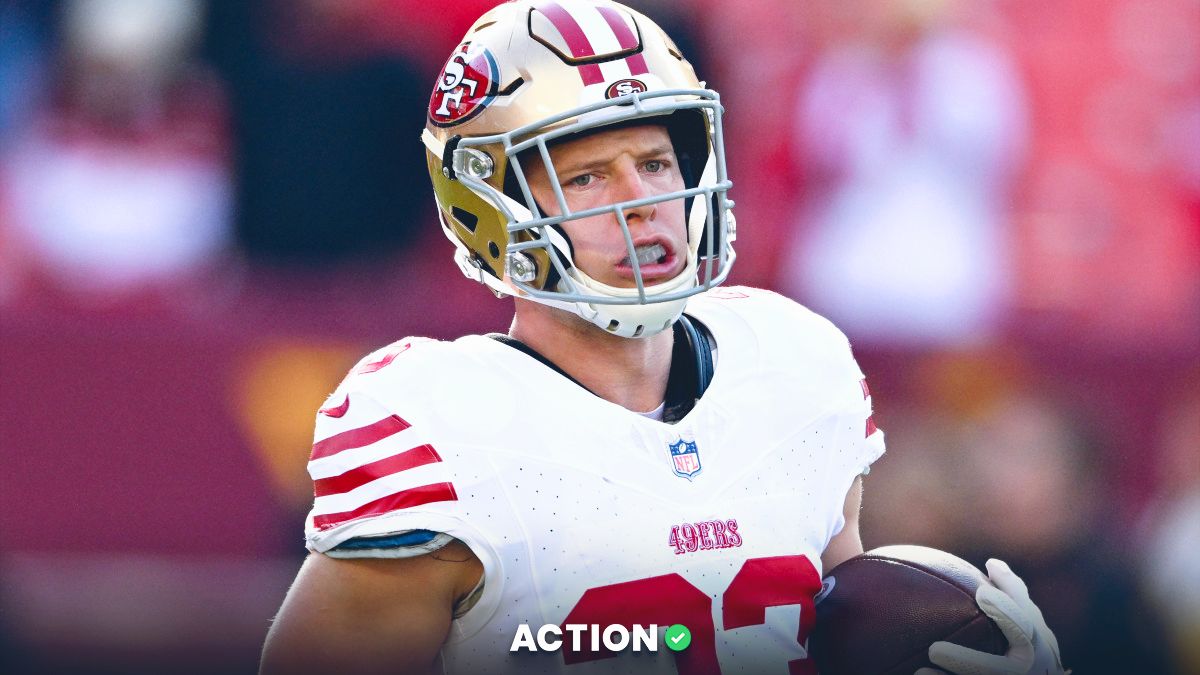- Professional sports bettors often wager on teams that are expected to lose a certain matchup.
- We explain this concept, and why it's so important for winning over the long haul.
One of the hardest strategies for recreational sports bettors to grasp revolves around the concept that betting lines are nothing more than implied probabilities, and the ultimate goal is to find teams overvalued and undervalued by the betting market/current odds.
This often means betting on teams that are undervalued, but still expected to lose over the long haul.
Casual bettors overwhelmingly flock to winning teams because the name of the game is win more bets than you lose, right?
Well, sort of.
For example, let's assume the New York Yankees are -200 favorites against the Baltimore Orioles. As underdogs, the O's are +170.
While Baltimore is a big dog in this matchup, +170 converts to an implied probability of 37.04% before accounting for the vig.
This means that should your model, strategy, winning betting system, etc. project the Orioles to win this game more than 37.04% of the time, there is an edge betting on Baltimore.
Hypothetically, let's say your model expects Baltimore to win this game 40% of the time. In this scenario, you'd have a very bet-able edge on the underdog Orioles, making them a solid wager.
However, the O's are still expected to lose this matchup 60% of the time (according to your model), meaning you're literally betting money on a team you think will lose more often than it wins.
This is a hard concept for many casual bettors to understand and a key difference between sharps and squares, especially if the Orioles end up losing the game.
But from a high level, this was still a smart bet.
Think of it like this — if someone offers you a 5-1 payout on a coin flip, you choose heads and the coin lands tails, was this a bad bet?
Absolutely not. You're getting a 5-1 payout on a 50/50 proposition.
Sure, it didn't work out in the end, but if you continually find opportunities where someone is willing to pay you better than the true odds of a certain event, you'll win over the long term.
Sports betting is no different, and that often means wagering on teams to lose less often than the odds imply.



